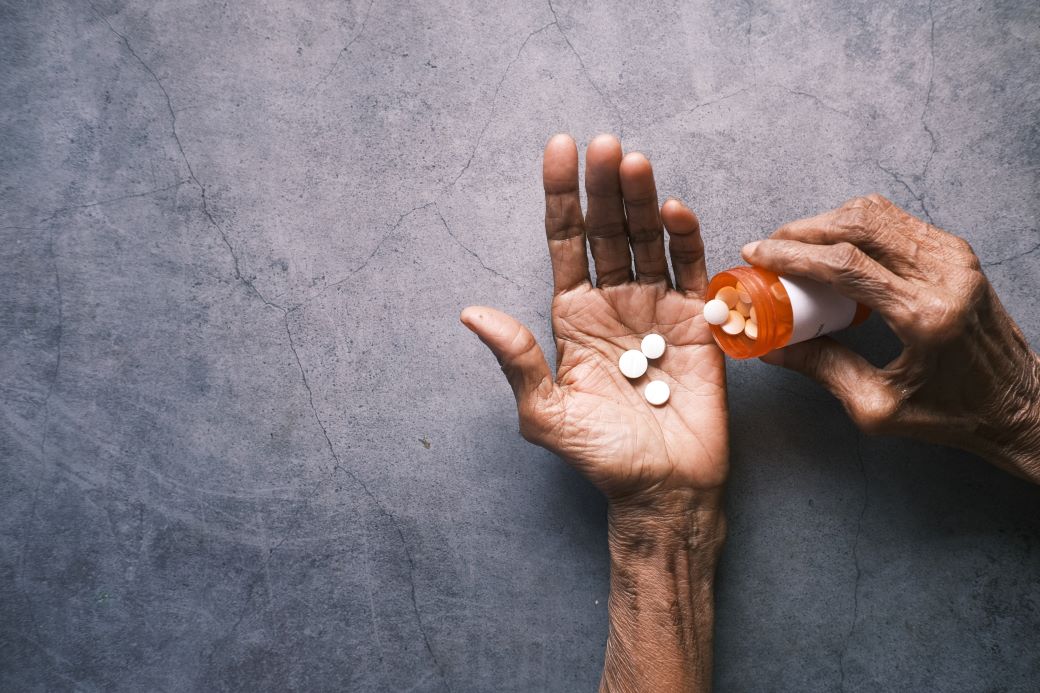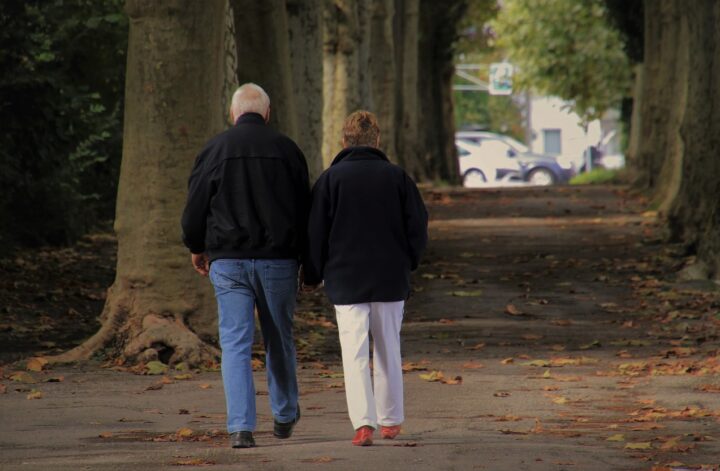Adults have between two and ten thousand taste buds in our mouths which work in concert with our sense of smell. Primarily located in the tongue, our taste buds differentiate the five tastes- sweet, salty, sour, bitter and umami. So why are you losing your sense of taste?
You are probably familiar with the usual four tastes but may not have heard of umami. Umami was recognized as the fifth core taste in 2002 and is described as savoury or complex. Glutamate, a building block of protein, produces this particular taste which can be found in foods such as mushrooms, miso, parmesan cheese, asparagus and others.
Although we all experience the same five core tastes, the nuanced sensations of smell and taste are perceived differently by each of us. Our brains interpret the messages from taste/smell and mouth feel which can be influenced by medication and certain medical conditions. Depending on our personal ‘taste’ we have either a pleasurable or unpleasant flavour experience – in some cases even a life-saving experience.
A loss of taste alone, called ageuism, is rare without an associated loss of smell. More often there is a loss of sensitivity to taste (hypogeuism).
If you have contracted COVID 19 you may have experienced a loss of taste and smell. In general, there is a gradual return to your normal taste and smell after a few weeks. However, these changes can be an early sign of COVID so it is important to be tested to reduce transmission to others.
Normal changes with aging
If you have a problem with how your food tastes, the fault may not all lie with the cook. There may be complicating factors such as medications, certain health conditions, and lifestyle choices that add to the situation.
Normal physiological changes affecting our sense of taste occur as we age. Our taste buds are replaced approximately every 10 days, but after age 50 both regeneration and sensitivity are diminished.
Loss of taste and smell can impact our quality of life. Due to a lack of enjoyment with food, you may have poor nutrition, weight loss/gain, and feel the need to overload food with salt and sugar to enhance the taste. This can lead to depression and complications with existing health conditions.
Sweet and salty food choices seem to increase with age, although it is the sour and bitter tastes that are detected less. In addition, as we age we lose the ability to sense certain harmful smells and tastes which can put us at risk of consuming spoiled food and water high in iron and copper.
Causes
Change in our sensitivity to particular tastes as we age can be a result of certain lifestyle choices, medications alone or in combination with other prescribed or over-the-counter medications, and some medical conditions.

Lifestyle
Chemical exposure (pesticides)
Smoking
Alcohol

Medication
Antihistamine
Antibiotics
Cholesterol-lowering medications
Blood-pressure medications

Medical Conditions
Respiratory infection (including Covid 19)
Nasal and sinus problems -Allergies, sinusitis, nasal polyps
Dental Problems
Acid Reflux (gastroesophageal reflux disease GERD)
Nutritional deficiencies
Cancer treatment
Diseases affecting the central nervous system – Alzheimer, Parkinson’s
Head and face trauma
Hypopituitarism
Dry mouth
What to do
It’s important to speak with a healthcare professional to discuss strategies for managing symptoms of medical conditions that may be causing a loss of taste. Perhaps a change in medication or lifestyle is the answer including avoiding smoking and excessive alcohol consumption. In some cases, you may be referred to an ENT (ear, nose, throat) specialist for an assessment.
As always you should maintain good oral hygiene by brushing and flossing regularly. Additionally, staying hydrated and incorporating a variety of flavours and textures into meals can help stimulate the taste buds and maintain a sense of taste.
It’s important to consult with a doctor if you experience a sudden or significant loss of taste or smell, as it may be a sign of an underlying medical condition or COVID-19.

And So….
Although when I contracted COVID-19 in early 2022 my sense of taste/smell was not affected, I do know several others who were affected.
Interestingly, some of my favourite cheeses and wine don’t seem to taste as good as they used to – but that hasn’t stopped me from eating them.
Have you unnoticed any changes in your sense of taste?



